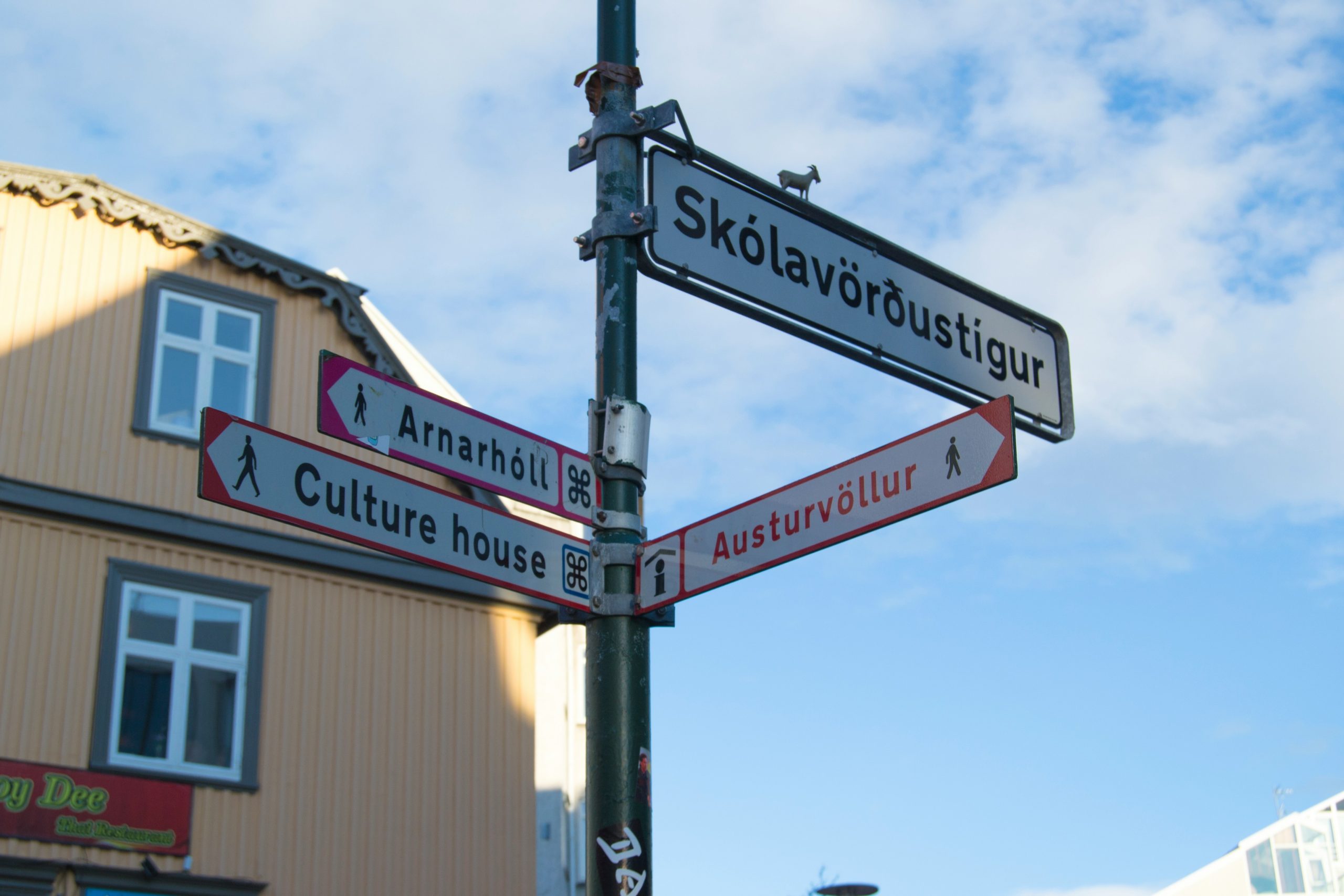Digitalization is making radical transformations in the most touristic cities in the world, improving the tourist experience and optimizing resource management. The cities of Paris, New York, Tokyo and Singapore, currently the most touristic in the world, are at the forefront of a digitalisation process that implements smart solutions to meet the needs of visitors.
Paris: Innovation for the tourist experience
When talking about digitalisation in the most touristic cities in the world, we cannot fail to mention Paris. With 44 million visitors in 2023, the French have invested significantly in technological innovations to improve the tourist experience. Starting with the renovation of Terminal 1 at Charles De Gaulle Airport, many examples can be found of how the city uses technology to improve reception infrastructure. Let’s see them together:
- Applications for tourists: such as Paris Info, an official app that offers information on events, attractions, transport and interactive maps and J’aime Paris, which allows you to plan your trip in a personalized way based on your interests
- Public transport: electronic tickets and contactless payments
- Public Wi-Fi: in strategic places such as squares, parks and museums
- AR and VR technologies: such as Notre-Dame VR, which allows tourists to explore the cathedral in its current state and as it was before the 2019 fire, or interactive augmented reality in the Orsay Museum
- Data analysis: to monitor tourist flows and improve their management
- Bike Sharing and autonomous shuttles
New York: Back to the Future
The city of New York, being among the most touristic in the world, is taking advantage of digitalisation to address the surge in visitors it has recorded, reaching 61 million in 2023.
In addition to renovations at its main gateways, the city has adopted numerous digitalization initiatives:
- Apps and platforms such as NYCgo (official app) and LinkNYC, a network of digital kiosks with free wi-fi, maps and tourist information
- Electronic tickets and via QR code
- AR and VR: such as statue of liberty AR featuring interactive content for the Statue of Liberty and Ellis Island and virtual tours of MoMA
- Data analysis: to monitor tourist flows and improve resource management
- Intelligent mobility
- Airports: advanced technologies such as automatic check-in, facial recognition and automated baggage handling.
Tokyo: Expansion and Connectivity for the Future
The city of Tokyo is preparing for a tourism boom and aims to reach 60 million visitors and $136 billion in revenue by 2030. Starting with the expansion of Haneda Airport’s international terminal, efforts to digitalization are countless:
- Apps and platforms such as Tokyo Travel Guide and Japan Official travel app, all-in-one solutions for those visiting the city
- Electronic tickets and QR codes for museums and transport
- Japan Connected Free wi-fi: an app that allows tourists to find and connect to all the free hotspots in the city
- AR and VR: for example to interactively explore the Akihabara district and the Tokyo Tower
Singapore: the city state of the future
Singapore has recently climbed the rankings and has become one of the most touristic cities in the world, also thanks to digitalisation works. The Great Southern Waterfront and the new NS Square precinct demonstrate how the city is expanding its infrastructure to accommodate more tourists. Let’s see how Singapore, one of the most technologically advanced cities, has invested in digitalisation for tourism:
- Applications such as Visit Singapore and SG Arrival Card e-Services, which allows you to complete customs requirements digitally, easily and quickly
- E-tickets and QR codes for attractions like Gardens by the Bay and the Museum of Asian Civilizations, plus public transportation
- Free 5G Wifi available in numerous public places
- AR and VR at various attractions such as the National Gallery, as well as the Smart Heritage Trail app, which offers guided tours enriched with digital content
- Airport: Changi Airport is considered among the most advanced in the world, implementing technologies such as facial recognition, self-check-in and contactless security checks
Conclusions
As we see, digitalisation is revolutionizing the most touristic cities in the world, improving connectivity, traveler experience and infrastructure efficiency. It is hoped that these innovations will soon expand throughout the world, allowing even large flows of tourists to be managed safely and efficiently.


